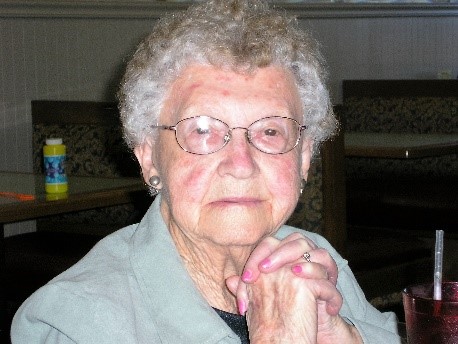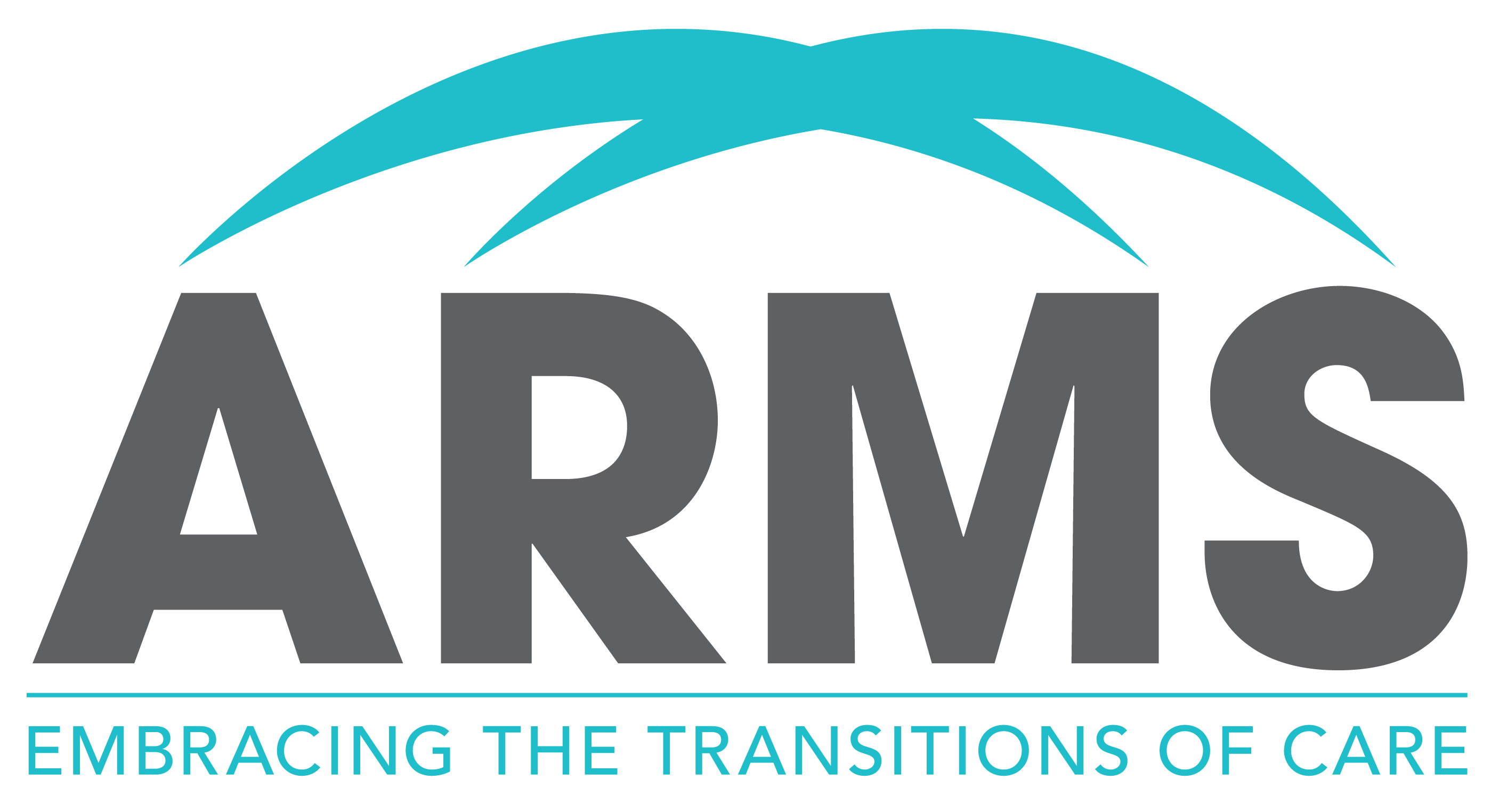A few years ago, my husband and I were faced with where to go and what to do when his mother, at the age of 88, fell and was no longer able to walk. She spent a few days in the hospital as they tried to determine exactly what was going on. With nothing broken, yet unable to walk on her own, she was discharged to a rehab facility for physical therapy in the hopes of building strength to be able to live independently again. These were stressful and uncertain times for my mother-in-law and for us as a family. Over time, it became apparent that she would be unable to live independently and would have to remain in a long term care facility.

My mother-in-law, Ruthie, age 90
While that was a heart wrenching decision for my husband and me, because I was working in the healthcare field, I felt fortunate to have my healthcare and social work colleagues to provide guidance and counsel as the decisions began to unfold. With today’s sandwich generation where people are caring for aging parents and their own children and grandchildren as well, this situation is repeated every day. This presents challenges to those of us who have connections in the world of health care, let alone those of us who do not have friends and colleagues within the walls of a hospital.
How I wish that the ARMS care model would have been in place back then. During the time that my mother-in-law resided in the long term care facility (“nursing home”), she did receive good care, but I can also tell you I never had opportunity to meet any of her physicians. Thus, it was difficult to get my questions answered.
Because the ARMS care model allows a medical provider to cover the same facility while rounding in the day time and providing on-call coverage at night, that medical provider has the opportunity to get to know a resident and build a relationship with the resident and their family. The routine timely rounding done by the doctor keeps the resident from further complications and decline, allowing for better outcomes and potentially shorter time away from home. This is all done while keeping family members apprised of what is happening with their family member and what to expect in the future.
Knowing that a medical professional is keeping tabs on your loved one provides family members peace of mind in an otherwise difficult time. Thanks to ARMS co-founders, Dr. Adam Andres and Dr. Jeremy Kirk, for creating this care model.



No comments yet.